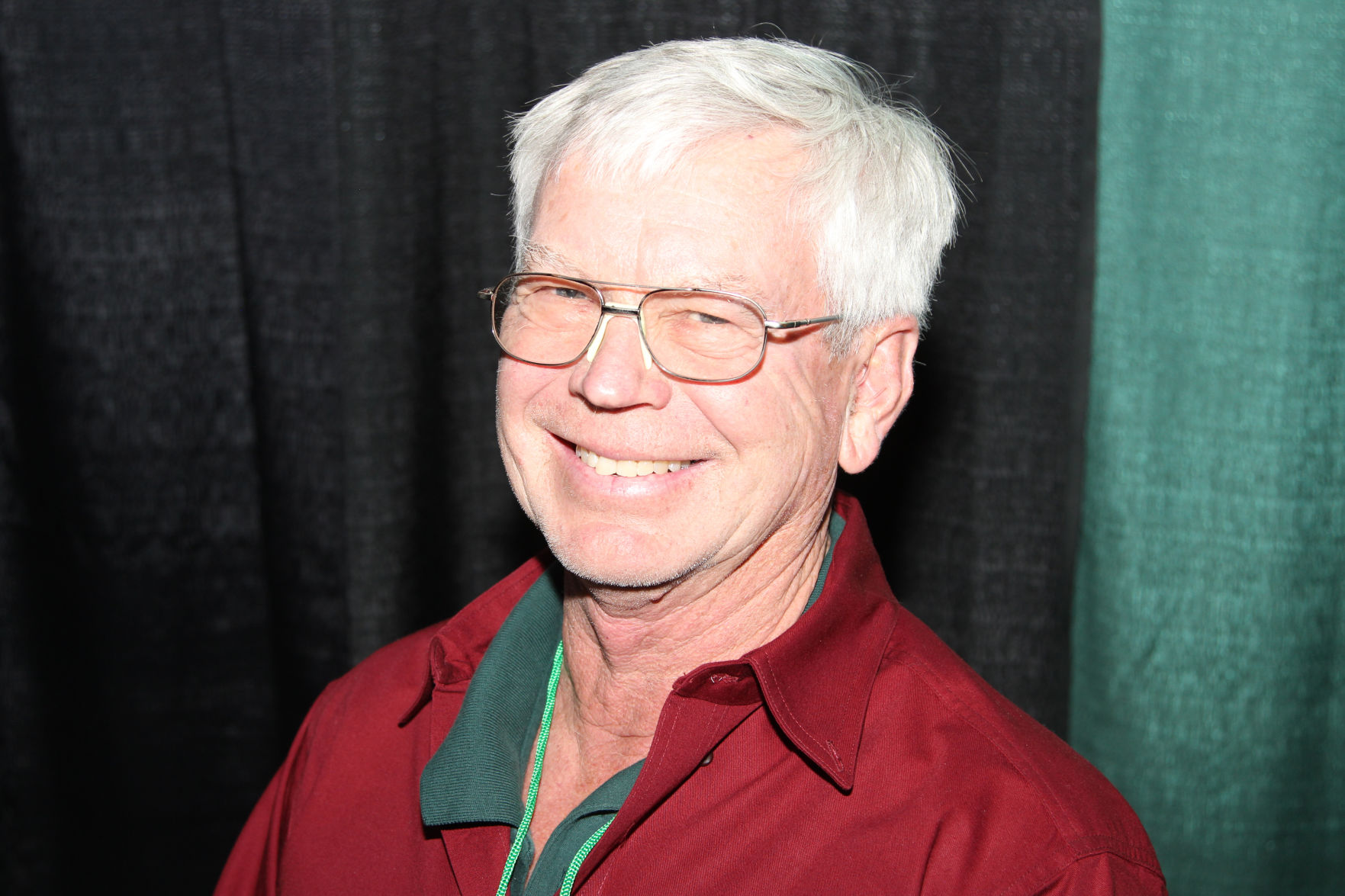Patience, belief and passion needed for soil health journey

Six growers on the farmer panel at Soil Health U on Jan. 24 all had various reasons for starting their soil health journey. They wanted to conserve moisture, reduce soil erosion or add diversity to their operations but Larry Manhart had the most heartfelt reason for beginning the journey.
Manhart, who farms with his son, Doug, near Grainfield, Kansas, said two of his friends were killed in dirt storm accidents on roads in western Kansas.
“From that day forward I said, ‘this is preventable,’” Manhart said.
One way to keep that from happening is by keeping the soil covered at all times. Manhart does that now with a mix of crops and cover crops.
When asked to define soil health Robin Griffeth, Jewell, Kansas, described his dream for soil health on his farm.
“It is a soil that has all the right biology and balance in nutrients,” Griffeth said. “It has an abundance of humus so it infiltrates every drop of rain that comes its way and produces nutritional and profitable crops with minimal inputs. That is my dream but I am not there yet.”
All of the farmers on the panel began their soil health journey by switching to no-till production. Most of them believed cattle did not fit into a no-till system but with the addition of cover crops, producers are starting to include cattle in their search for soil health.
“Twenty years ago we thought cattle were packing the ground down and causing compaction,” Griffeth said. “Now we are going back the other way.”
Larry and Doug Manhart buy stocker calves and feed them through the winter months. Doug Manhart sees cover crops and grazing as a potential income source.
“I think the grazing thing is awesome and I can make it work for us.”
Reducing compaction while grazing cattle on cover crops is a function of time and movement, according to Doug Manhart. Moving cattle frequently keeps compaction to minimum.
The panel was asked whether it is more important to control weeds, or minimize soil disturbance. All of them agree that they are more concerned with minimizing soil disturbance than controlling weeds. More intense crop rotations and cover crops have combined to reduce weed pressure on their farms.
“The biggest thing we have done to control weeds is crop rotation,” said Mark Watson, Alliance, Nebraska. “We only use herbicides to pick up weeds that all other management practices have missed.”
Most of the panel members have found that fewer and smaller weeds are easier to control when crop rotation and cover crops are part of the system.
All of those on the panel have noticed changes in the ground they farm since they started concentrating on soil health. Ben Cramer, Healy, Kansas, said his ground that has been in no-till the longest has a lot more soil structure and more earth worms working in the soil. He has been able to cut back on herbicide use and fertilizer applications.
Watson, meanwhile, notes water savings under irrigation. “We have cut water use in half and still produce the same yields.”
Dan Schultz said water infiltration and water holding capacity have improved immensely on his farm. Schultz is under 10 inches of water applied on his farm.
Larry Manhart agreed. His soil has improved infiltration and carrying capacity.
“Dwayne Beck, research manager at Dakota Lakes Research Farm in Pierre, South Dakota, said we do not have a drought problem as much as we have an infiltration problem,” Manhart said “We proved him right on our farm.”
In the beginning Robin Griffeth noted that if he did have any runoff it was cleaner but today with the addition of cover crops they don’t have any runoff.
Panel members said their soil health journey has been as much about a state of mind as it has been about farming practices. It is a belief that they can do better with the resources they have been given and that they can improve soil health on their farms.
“I think the term soil health is much better than the term no-till,” Larry Manhart said. “No-till by itself is really not the best.”
Cramer said he is trying to go one step beyond sustainable. He is trying to regenerate the soil.
“Instead of keeping even we are trying to improve it,” Cramer said.
Manhart said producers need to have patience, belief and passion when they begin their soil health journey. If they have passion they will go the extra mile to make it work.
Doug Rich can be reached at 785-749-5304 or [email protected].



